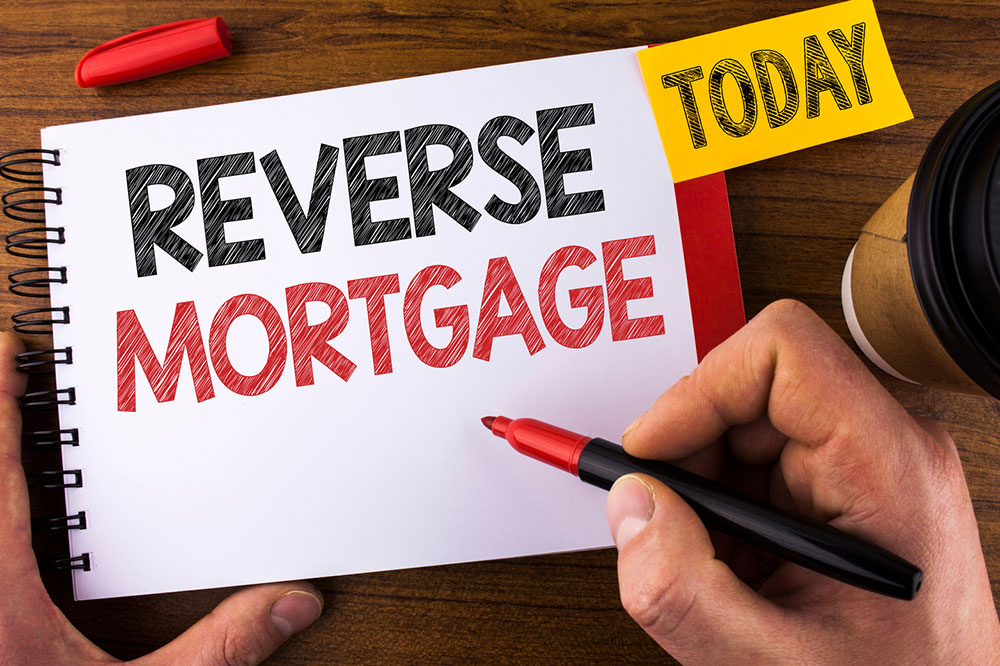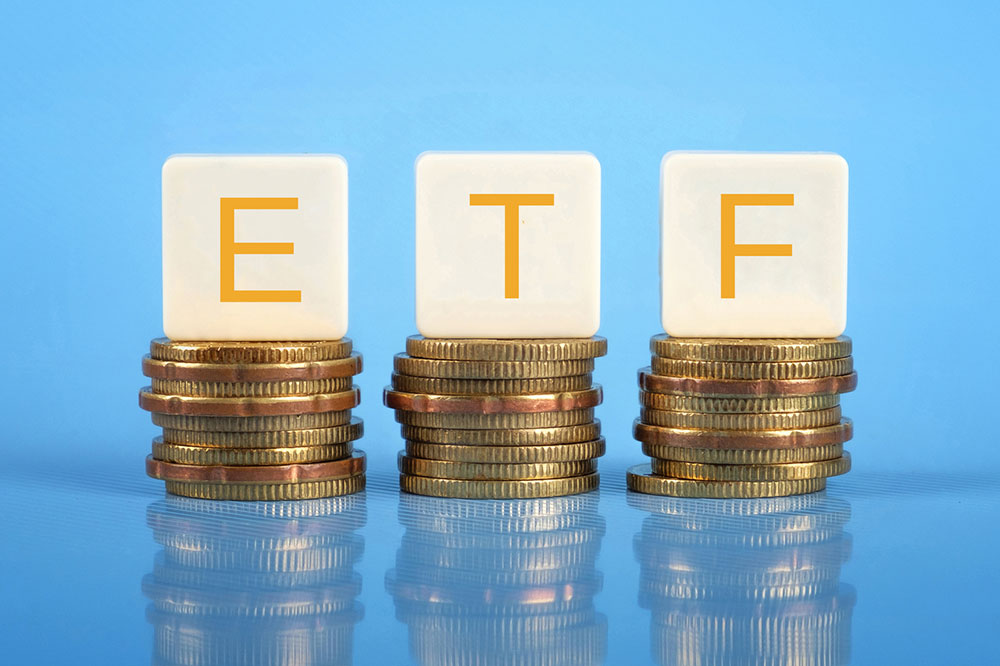Reverse mortgage eligibility and its criteria

As you approach retirement, most of your money has been invested in your home. A reverse mortgage is an excellent way to tap into your home’s equity. If you have paid off a home loan or have only a small amount to be paid, it is a good option to meet various financial goals.
Here are the criteria for reverse mortgage eligibility:
Personal criteria
- Age
You must be 62 years or older, to apply for a reverse mortgage. Generally, as you grow older the Home Equity Conversion Mortgage (HECM) amount increases. - Property
The home should be your primary residence, and you need to live there for the entire duration of the reverse mortgage. Rental properties and vacation homes do not qualify for such mortgages. - Home equity
You should be the owner of your home outright or possess a minimum of 50% home equity. There is a possibility that you may qualify for a reverse mortgage despite having some outstanding balance on your existing home loan. However, the criterion is that you must first pay off the remaining mortgage from the sanctioned amount and meet other liens. The balance funds may be used for any other purpose. Using a reverse mortgage to refinance existing debt is beneficial in reducing your monthly cash outflows.
The home equity requirement varies from one borrower to another and is based on your individual situation. If you are younger and the only titleholder to the property, the home equity required may be more than 50%. We recommend using a reverse mortgage calculator to understand the requirement.
- Counseling
Meeting with a Housing and Urban Development (HUD) Department-approved counselor is mandatory. The counselor will help you understand all about a reverse mortgage and all the associated expenses. This is to ensure you completely understand the terms and conditions and are familiar prior to applying for the mortgage.
HECM Property Criteria
- All types of single-family homes qualify for a reverse mortgage. Two to four-unit properties with one unit that you occupy are also eligible
- Homes built after June 1976, meeting HUD requirements
- Federal Housing Association (FHA)-approved condos
- Townhomes
Mobile and manufactured homes and multi-tenanted properties with more than four units are not eligible for a reverse mortgage
Financial criteria
To qualify for a reverse mortgage, you need to prove your financial ability to pay your loans and other expenses, such as insurance, taxes, and homeowners’ association fees. Moreover, you need to be financially stable to pay for regular repairs and maintenance of the property.
Non-payment of any of the aforementioned expenses violates the terms of the reverse mortgage and is considered a default. Therefore, considering the income criterion while contemplating a reverse mortgage is important.
Here are the types of income that are considered to determine your reverse mortgage eligibility:
- Income from employment
- Non-borrower spouse or other family members’ incomes
- Earnings through part-time employment
- Overtime and bonus income
- Seasonal employment earnings
- Other factors, such as social security, interest, dividend, and trust income, self-employment income, VA benefits, commissions, disability benefits, rental income, income from employment in a family-owned business, workman’s compensation, annuity, retirement and pension benefits, and public assistance are also taken into consideration.







